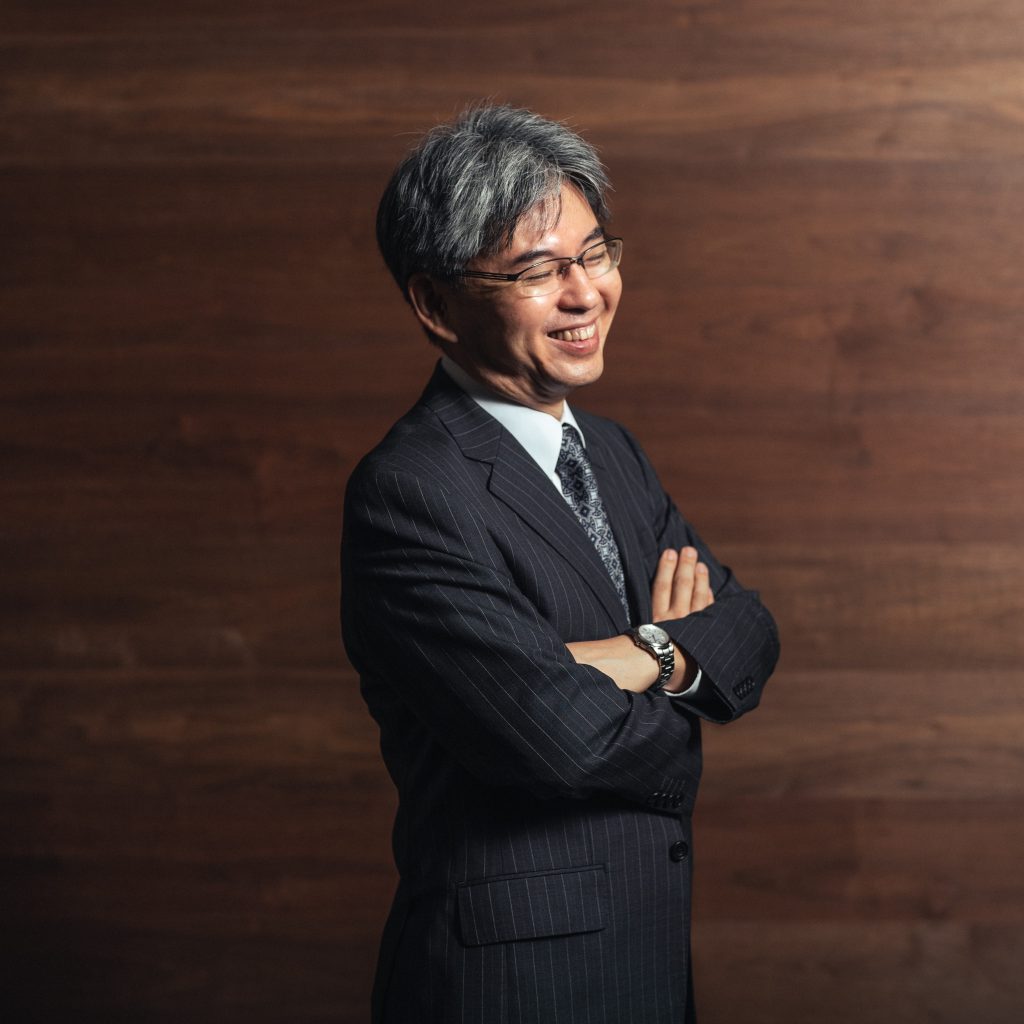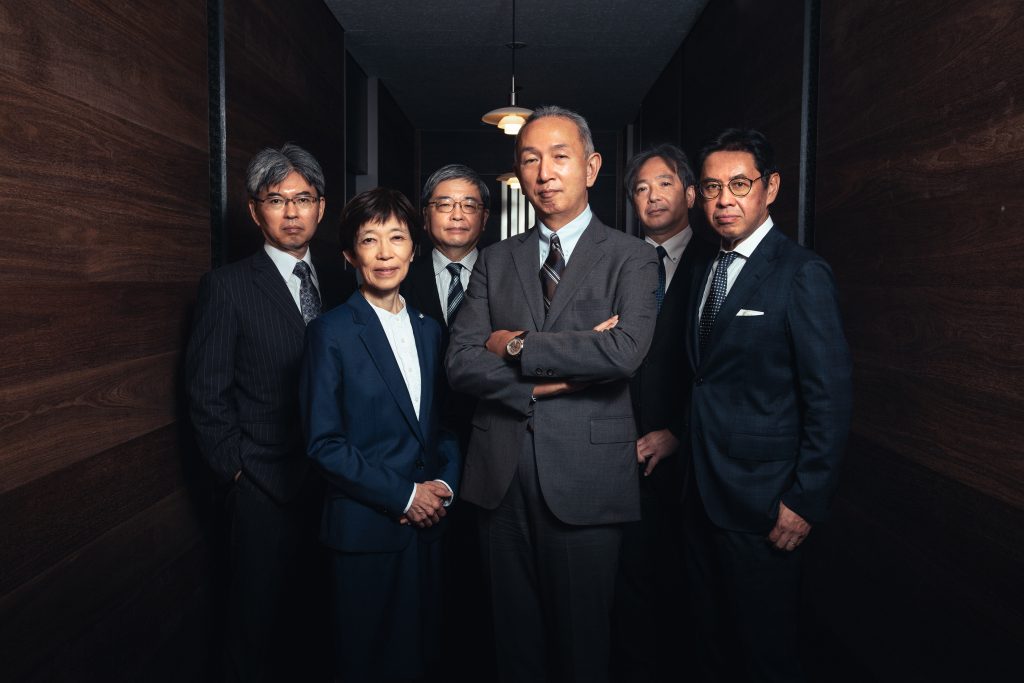Creating a Unique “Only at Sophia” Learning Experience

Universities, like high schools, are required to manage the entire education process while guaranteeing a constant level of quality. The responsibility for ensuring this, and challenging what kind of education Sophia University can offer, is that of the Vice President for Academic Affairs, who oversees the development of the University’s characteristics and improving its quality.
Embarking on a School-Wide Effort to Strengthen the Quality of Sophia University’s Education
The role of the Vice President for Academic Affairs is to “improve the educational environment infrastructure” of Sophia University’s undergraduate and graduate schools. In order to ensure a high-quality education, the PDCA (Plan-Do-Check-Act) is implemented in classes according to plans, student surveys, and subsequent action plans based on responses.
As part of this effort, class surveys have been conducted using a set of standardized questions posed by the Faculty Development Committee, starting in fiscal 2022, rather than by each department. The Committee will use survey results to make improvements and enhance education with the goal of standardizing the status of education across departments and maintaining a high level of quality throughout the university.
Class surveys now include an increased number of questions that are meant to make students more aware of the type of classes the university aims to offer. For example, questions ask whether the class was intellectually stimulating and made students want to study the subject in depth. Additionally, questions like how many opportunities were provided for active participation in class, such as making comments or presenting, are being asked.
While the results of the first revamped survey are being analyzed now, we already understand that students highly rate our faculty members’ motivation to educate. We have also received encouraging results that students are recommending classes that they found intellectually stimulating to other students, rather than recommending so-called “easy credit” classes.
Based on these results, the University is working to improve each class by increasing opportunities for students to make comments, present, and be exposed to content from various perspectives.
Building the Foundation of a Self-Determined Leaner
The most significant initiative I’ve undertaken since assuming my current position has been the development and maintenance of a University-wide General Studies Courses that represent a basic, comprehensive educational foundation. The conventional image of a university education may be that it is the foundation for learning highly specialized subjects, but we disagree with this notion; as society rapidly changes, a foundational education forms a lifetime of learning as a self-determined student.
Within the framework of University-wide General Studies Courses, implemented during the 2022 academic year, new subjects, deemed to be those that all students should learn, have been established. The process for selection is as follows: prior to beginning at Sophia University, admitted students take an online course called “Learning How to Learn” where they learn Sophia University’s philosophy and educational system before registering for courses.
Students must then take a new, unique course entitled “Introduction to Data Science” for a vital foundation of data science, which we believe no student can afford to forgo, regardless of being a humanities or science major. In pursuit of critical thinking, the course “Thinking and Expression,” teaches students to think critically by developing a mindset that searches for reasons and considers alternative views, rather than accepting what one simply sees and hears. In addition, “Considering Issues, Perspectives, and Standpoints” teaches students how to view a single theme from a variety of perspectives, or various academic disciplines, to acquire a multifaceted view.
Lastly, a system that organically links such University-wide General Studies Courses and the specialized courses of each department has also been established. For example, from a student’s second year onward, specialized subjects are taught on the premise that students have studied the fundamentals of data science during their first year as a University-wide General Studies Course.
This understanding provides even social sciences or humanities students with opportunities to analyze data in greater detail. Conversely, when third- and fourth-year students, who have studied specialized subjects, discuss General Studies Subjects, they will be able to offer opinions based on their respective fields of expertise, increasing the depth of discussions. Each faculty member has also spent a year deepening their understanding of subjects outside their area of responsibility to understand what students taking their courses have learned.
Through this, Sophia University aims to hone its education in a way that is unique to the University. Most students select a university based on their current academic abilities, yet we hope that it becomes more common for students to choose Sophia out of a desire for lifelong learning, altruism, coexistence, and an empathetic connection to the University.
We hope in 10, 20 years, Sophia University will be a place everyone knows about and that is attended by students from all over Japan and the world; when people get to know Sophia University, the spread of its appeal is inevitable.
